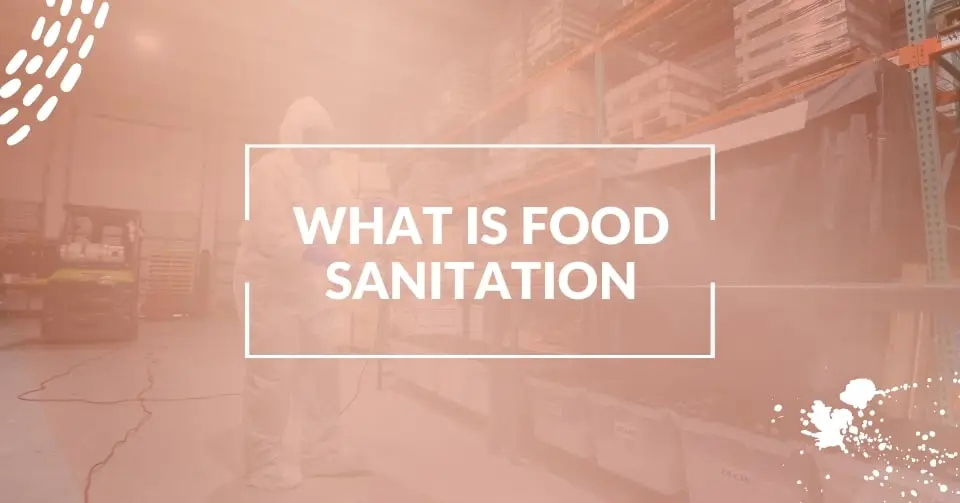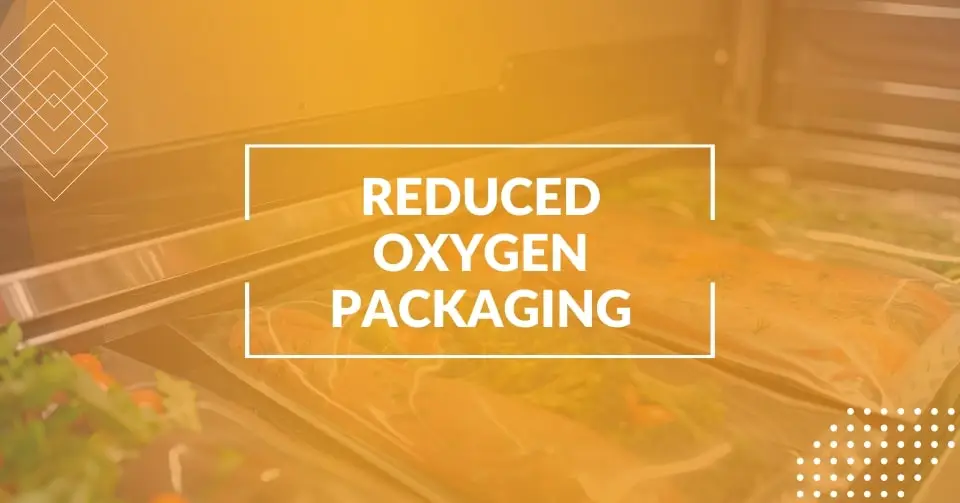As a food manufacturer, you must worry about various aspects of your production. For example, you might simultaneously strive to increase profitability and maintain food safety standards. A manufacturing execution system will help you achieve these and other goals.
However, using MES is still a responsible and time-consuming step, and food manufacturers want to reassure themselves that MES is a worthy investment. We are here to help, and in this blog, we will uncover some of the most essential MES benefits in food production.
Why Should Food Manufacturers Implement a MES Solution?
Technologies are spreading into every aspect of people’s lives, so why not involve them in areas where they will be helpful? Food manufacturers will significantly benefit from having MES software in place. Let’s see what these advantages are!
What are the MES Benefits for Food Manufacturers?
MES software has various pros, from increased profitability to enhanced food safety and other significant aspects. Here’s what MES can offer for food and beverage businesses.
1. Increased Food Safety
MES will help you ensure that your food meets the latest food safety standards due to established quality control and monitoring measures. You will get a better overview of the process, enabling better capture of food safety hazards.
Guaranteeing food safety is a complex procedure, and MES software will let you streamline all the steps, which makes it less likely to miss a blind spot.
2. Regulatory Compliance
Technologies are fundamental to ensuring regulatory compliance with local, state, and international regulations. MES will automate compliance with the FDA, FSMA, or HACCP standards due to an organized documentation system in your facility.
3. Predictive Maintenance and Reduced Downtime
You can integrate MES software with predictive maintenance or machine learning tools to monitor equipment health. This way, the system will collect data and help anticipate potential breakdowns. By ensuring smooth equipment performance, you will improve uptime, stay assured that your production runs effectively, and have a higher chance of meeting compliance standards.
4. Improved Operations
Productivity is vital for any business, and the manufacturing execution system is here to make your business as efficient as possible. The system streamlines and optimizes the production process and helps you avoid delays or losses.
A good example of optimizing operations with MES is Coca-Cola. The beverage giant relies on MES to optimize its bottling operations globally. The system provides comprehensive visibility into production metrics, enabling Coca-Cola to identify and resolve bottlenecks swiftly, maintain consistent product quality, and achieve faster changeovers between different product lines.
5. Audit Readiness
Audit preparation will become easier once you have an MES. The software provides reports and monitors the process, enabling more quality audit preparation. As a result, you will pass regulatory audits like HACCP, GFSI, and others.
Moreover, once you prove regulatory compliance, you will increase customer satisfaction and improve your position on the market, as long as certifications pave the way for recognition and impeccable reputation.
6. Better Decision-Making
MES strives to improve decision-making. The software will help you achieve maximum transparency and overview, making it easier to decide on essential questions. You will eliminate the risks of making wrong decisions.
7. Increased Profitability
MES software will help you earn more money by boosting productivity and ensuring cost efficiency. It will also lead to improved yield and margins. The manufacturing execution system makes your business safe, compliant, and reputable and helps you grow the company and manufacture more considerable product amounts. Altogether, it will increase profits for your food and beverage company.
8. Streamlined Inventory
Optimized inventory management is another positive aspect of implementing MES software. You will better manage materials and allocate resources, helping you avoid spoilage and financial losses.
9. Waste Reduction
With MES software, you will improve your waste management and prevent overproduction, which could lead to extra spending. We have the example of Cadbury. The world-renowned confectionery company has realized considerable cost savings through better resource allocation and waste management, contributing to its sustainability goals.
These are some of the benefits of installing MES, and depending on your goals and specifics, it can bring you more advantages. For instance, Nestlé searched for a solution to comply with food safety standards and maintain quality across the factories worldwide. They implemented the manufacturing execution system to manage traceability, safety, and compliance.
FoodReady MES Will Give Even More Benefits to Your Food Business
FoodReady MES provides superior control over your production, bringing you as many benefits as possible! The MES software enables multiple integrations with other systems like ERP or accounting programs. Thus, you can use only one platform for different purposes.
FoodReady MES will help you with food safety compliance, audit preparation, productivity, and profitability boosts. Moreover, you will improve traceability, better manage documents, and troubleshoot issues promptly and efficiently.
Trust FoodReady and let it elevate your business with a top-notch MES solution. Contact us to learn more!
Conclusion
Implementing technologies into your business is a great decision, especially when you realize its advantages. Once you incorporate a manufacturing execution system, you will feel the difference and see the positive change in your business.
MES software will bring you various benefits, such as reduced waste, food safety compliance, audit readiness, optimized inventory, growing profits, improved operations and uptime, and better decision-making, and this is not a limit.
Set your goals, implement the MES, and see how it transforms your business. FoodReady can guide you through the process and offer its MES solution!
FAQs
MES can be costly and complex to implement or change. However, businesses should consider how the benefits outweigh the disadvantages.
It depends. Implementing MES can take from 6 months to 2 years.
MES software creates transparency, improves a food traceability system, and provides real-time data, which makes it easier to minimize food recalls or tackle them faster.








